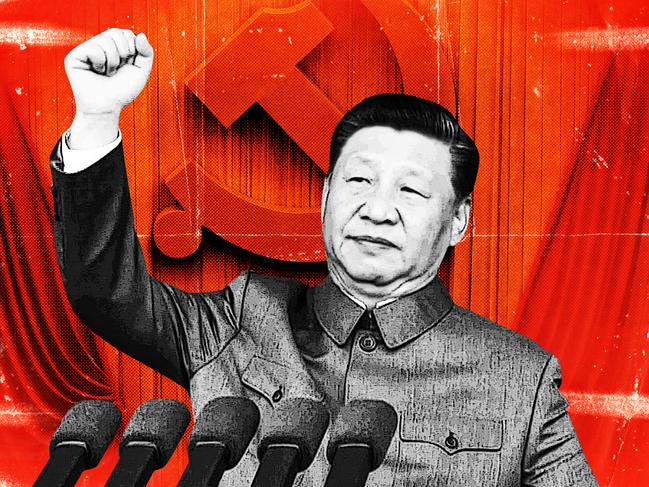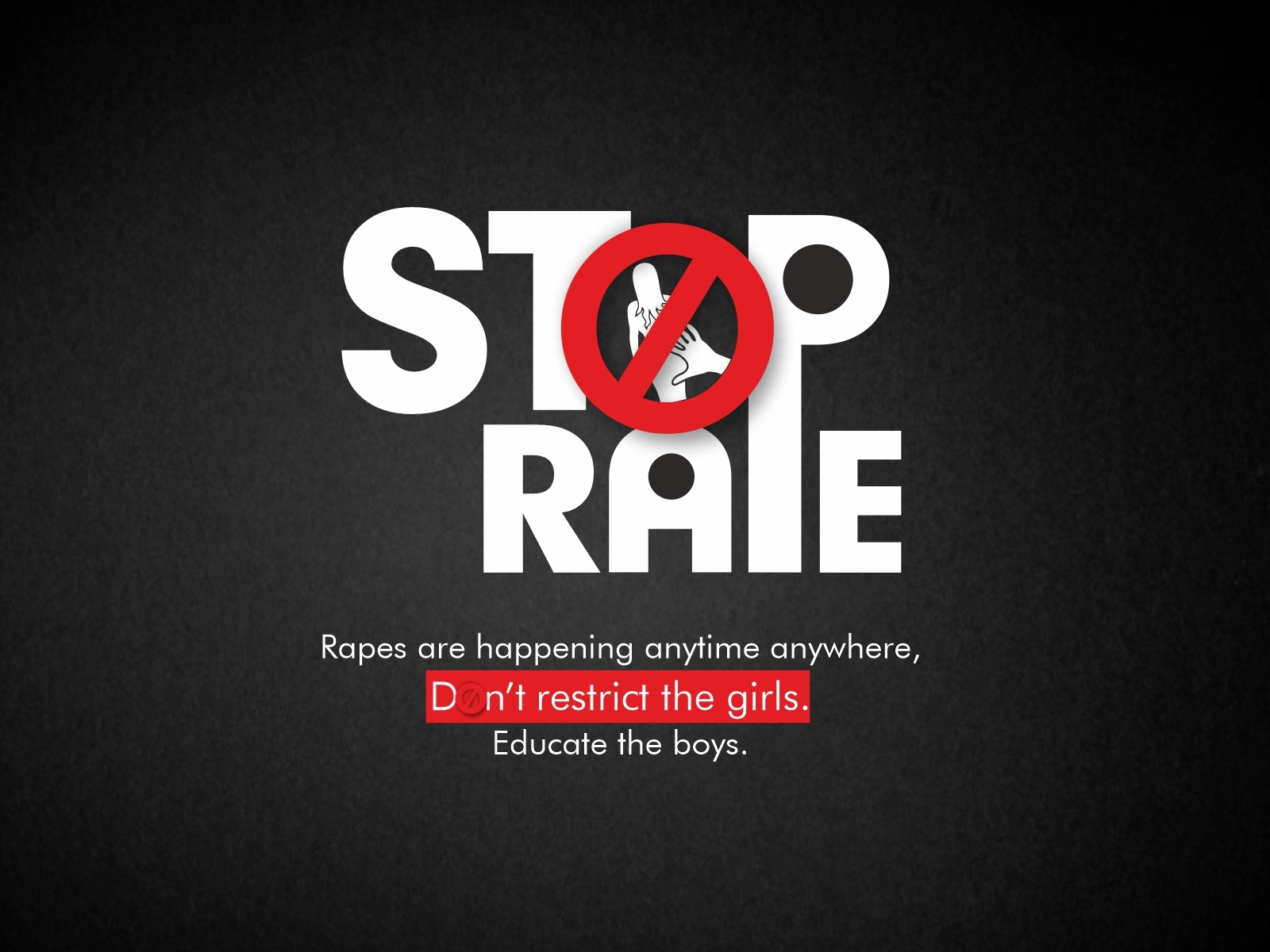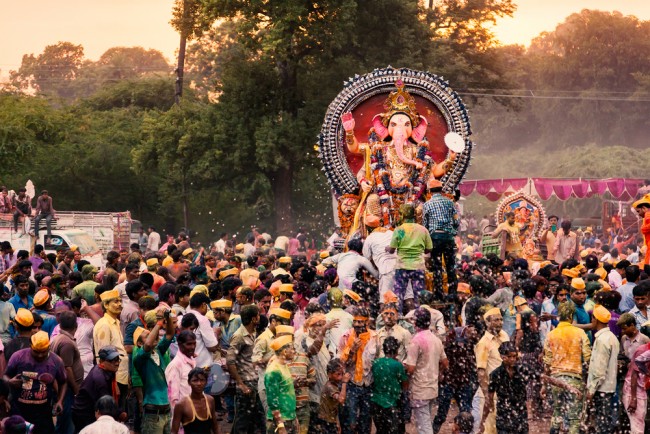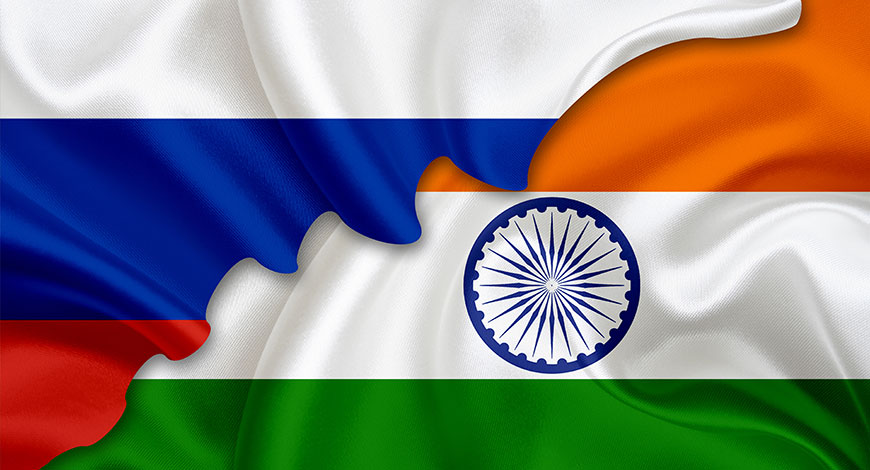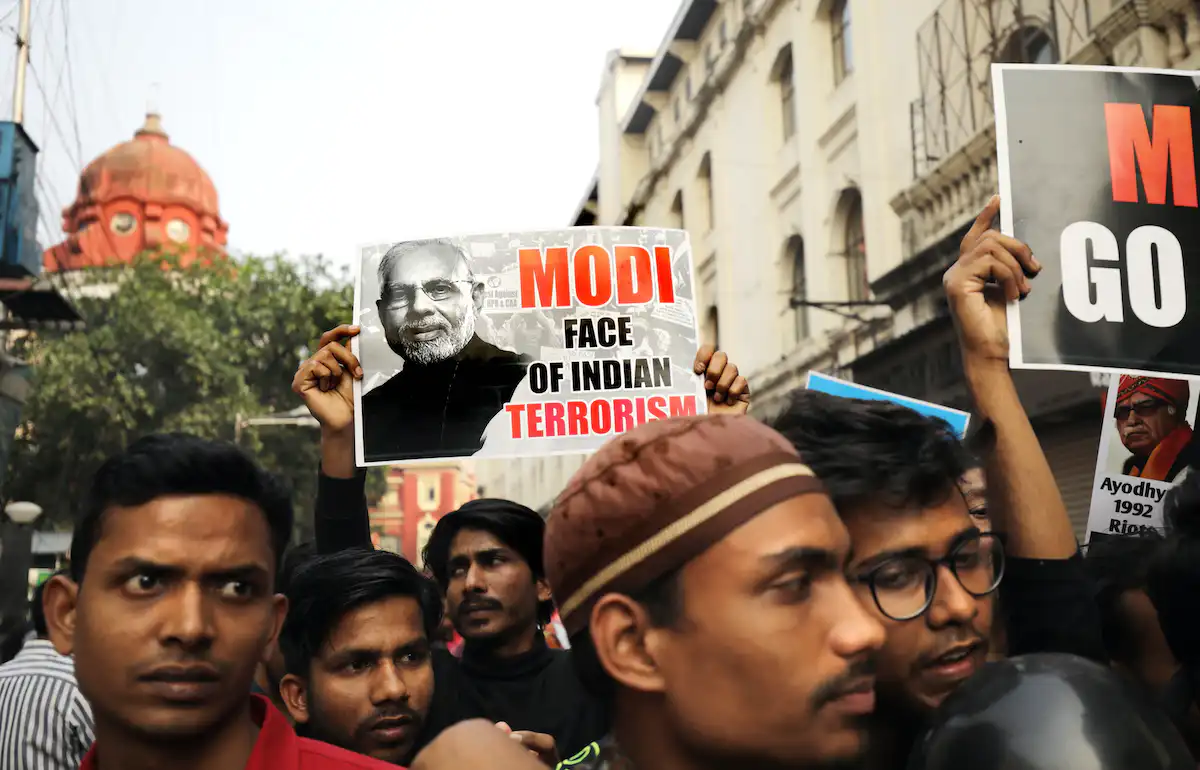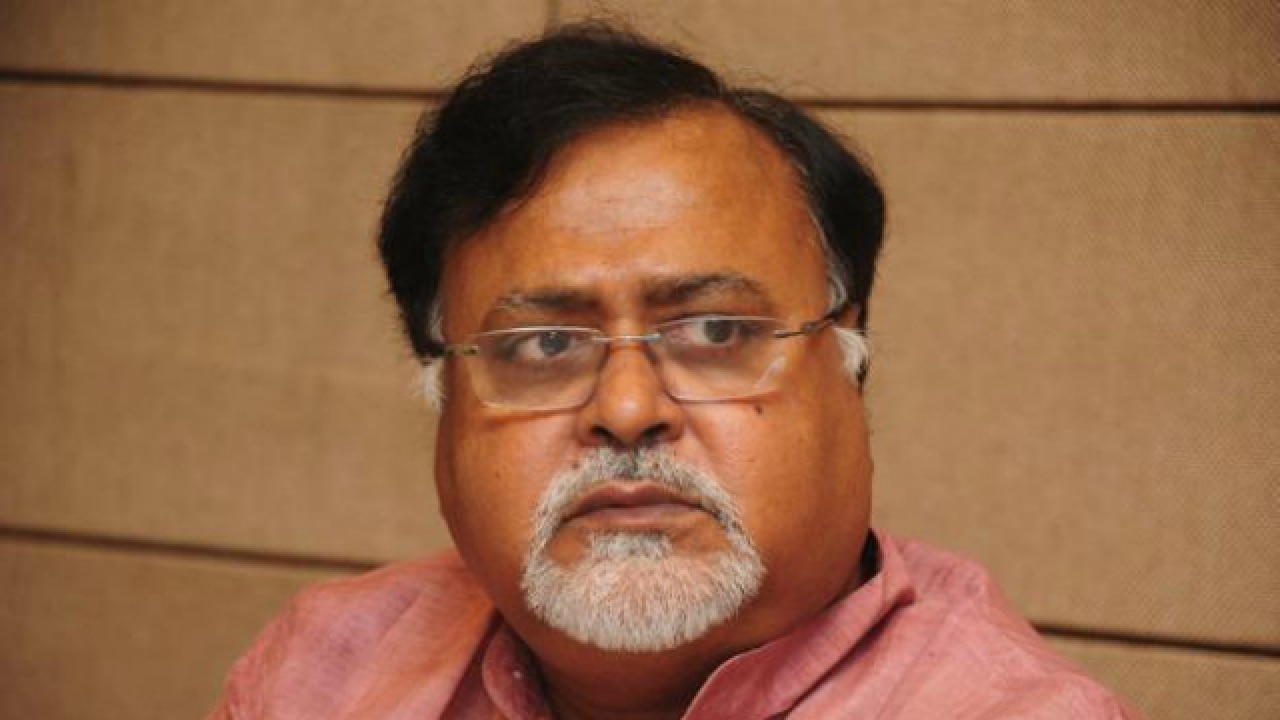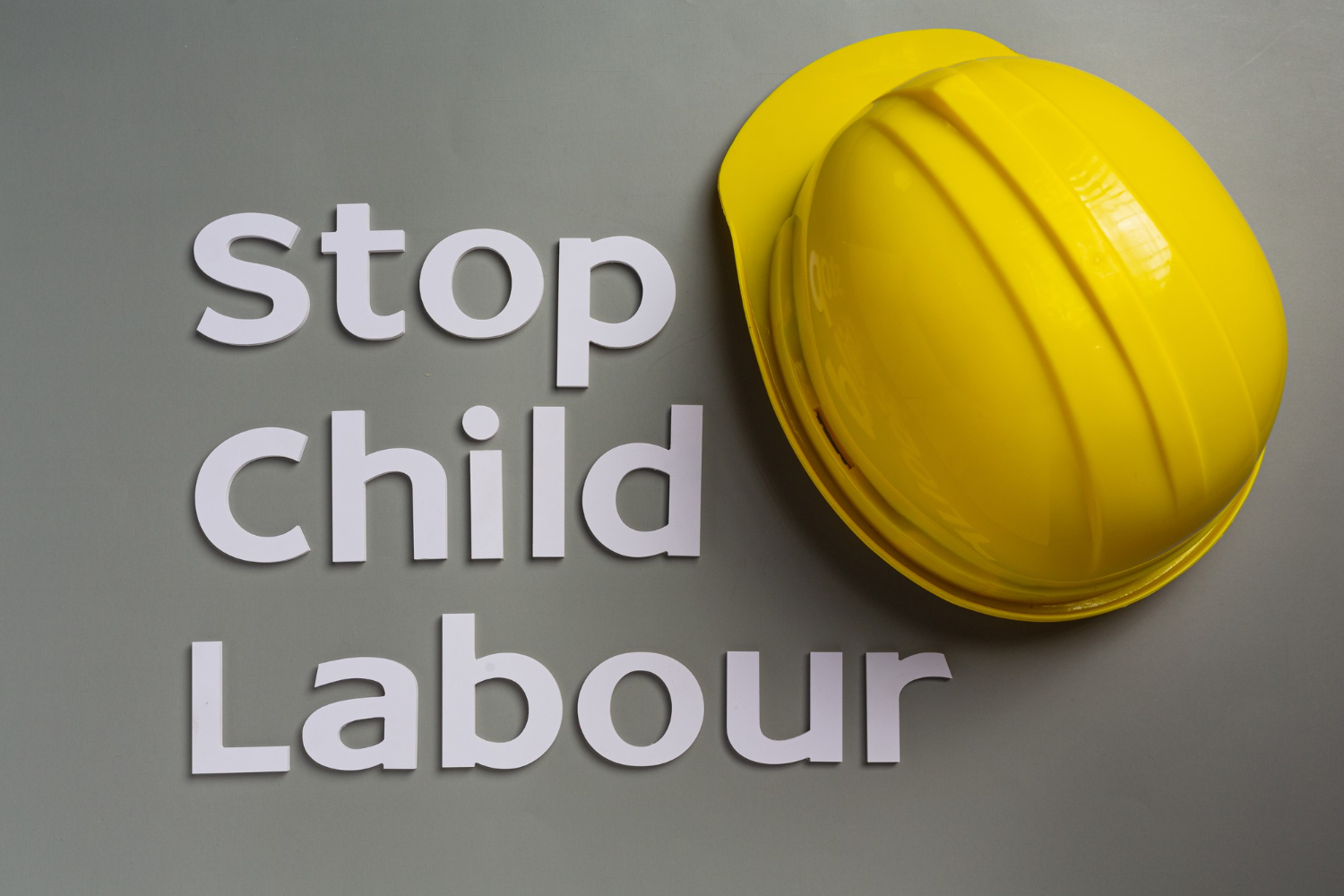We Indians often see modern China through the prism of western media and intelligentsia, failing to see the genuine nature of the enormous self-transformation that our neighbour has accomplished. Because it is concerned about losing its position as the world’s preeminent power, the West, and especially America, is worried about China’s growth today. Therefore, right-wingers in the USA and Europe see China as a threat, especially under its strong-willed leader, Xi Jinping. Washington has been exerting every effort to keep China in check, including using semiconductor technology for military purposes and acting provocatively in Taiwan, which China claims as its own.
The West also has a propensity for personalising political discourse. As a result, practically all of the discussion in the western media in the lead-up to the 20th national congress of the Communist Party of China was centred on how Xi Jinping planned to strengthen his position by winning re-election as the party’s leader for an unconventional third term.
However, someone who closely studied the events of the CPC congress’ opening session on October 16 and paid attention to Xi’s speech might have reached a different conclusion. The Chinese Communist Party is a much larger organisation than it can be managed according to the whims and fancies of its top leader because it has established a much more institutionalised structure. The instability of Mao Zedong’s final decade in power, when the so-called “Cultural Revolution” traumatised Chinese society and all but destroyed the communist party, has taught the CPC some terrible lessons. Xi Jinping is undoubtedly strong, but neither the party nor he will lead them down the path of an ailing Mao.
As Xi himself previously stated, “power in China” is now firmly “inside a cage of rules and regulations,” shortly after he was elected the CPC’s general secretary for the first time in 2012. When seen in this light, leaders like Donald Trump, Vladimir Putin, Recep Tayyip Erdogan, and Narendra Modi possess significantly more individualised forms of power (when he was president of the USA).
The fact that Xi did not speak alone in the speech he gave on Sunday may surprise some people. He delivered the report to the CPC’s 20th congress on behalf of the departing central committee, which was chosen at the organization’s 19th congress five years prior. The speech was prepared for about a year, with numerous leaders contributing to it and reviewing it at various points. Briefly put, compared to many democracies, China’s leadership engages in significantly more communal decision-making and consultation.
Any unbiased observer may quickly identify another significant difference in Xi’s speech’s content and delivery. There was no demagoguery of any type and no hyperbole referring to an enemy from outside India. There was not a single threat or criticism directed at an internal rival, in contrast to what we frequently witness at comparable gatherings of political parties in India. In fact, for someone previously referred to as the “world’s most powerful leader” by The Economist magazine, Xi’s address was unremarkable and devoid of any oratorical flourishes.
However, the two-hour address that Xi read out from a written manuscript contained a lot of insightful information. It exhaustively examined all of China’s accomplishments since the start of the “new era,” or when Xi assumed the party leadership ten years ago. However, it did not minimise the significant difficulties the nation is currently experiencing. According to him, corruption is the main illness that weakens the party’s vigour and combativeness. China has imprisoned hundreds of “tigers” (high-ranking officials) and “flies” (low-level employees) for accepting bribes amid its unyielding war against corruption. The most profound method of self-revolution, according to Xi, is the anti-corruption drive.
The goal of the communist party’s “self-reform” was a major focus of Xi’s speech. He urged the 5.9 million CPC supporters to “stay committed to the founding aspirations and original objectives” of the party on numerous occasions. This is not at all simple. When the CPC was created in 1921 or when it led the revolution in 1949, China was in a very different place than it is today. Even since Deng Xiaoping launched the audacious “reforms and opening up” strategy in late 1978, much has changed. How can the party avoid degenerating and collapsing (as occurred to the Communist Party of the Soviet Union) and stay active and effective? Some believe that the efforts being made by the West to overthrow the communist party will eventually cause China to collapse, much like the Soviet Union did.
China won’t fall apart. What is truly going to happen, as Xi firmly asserted in his speech, is the reverse. He stated: “We will continue to make every effort and work as hard as we can to bring Taiwan back together peacefully, but we will never guarantee to stop using force. The reunification of China and the revitalization of the Chinese nation are on the historical agenda. Our nation must be fully reunited, and that can unquestionably be accomplished.” The roughly 3,000 attendees in Beijing’s Great Hall of the People cheered this the loudest.
This time, when speaking about Taiwan, he used far kinder words than when he spoke at a celebration for the CPC’s centennial a year earlier. He had stated in a message that was directed at the USA, “The Chinese people will never submit to intimidation, coercion, or enslavement by any foreign forces. Anyone who tries to do it will undoubtedly suffer a severe head injury on the steel Great Wall, which was constructed with the blood and flesh of 1.4 billion Chinese people.”
In his address, the phrase “national rejuvenation” of China was used eight times. The upbeat message was that the West ought to accept China’s growth. He claimed that “China’s international appeal, influence, and power to alter the globe has considerably expanded.” He said, “Chinese modernization provides humanity a fresh opportunity for accomplishing modernization in a world yearning for non-western models of modernity.” China has a message for nations like India that are worried about escalating economic disparities (even the RSS has voiced concerns over this issue): “We will never relent in our pursuit of universal prosperity for all. The income distribution system will be enhanced. We’ll keep the accumulation of money under strict control. In Xi’s speeches, the phrase “green development” was frequently used.
Finally, a direct guarantee was given to everyone worried about China’s growing influence. “China will not pursue hegemony or expansionism in any form.” One desperately hopes that Xi Jinping begins his talks with Prime Minister Narendra Modi soon and removes all barriers to the full normalisation of India-China relations for Indians to start believing that China is willing to walk the talk on this score.
We Indians often see modern China through the prism of western media and intelligentsia, failing to see the genuine nature of the enormous self-transformation that our neighbour has accomplished. Because it is concerned about losing its position as the world’s preeminent power, the West, and especially America, is worried about China’s growth today. Therefore, right-wingers in the USA and Europe see China as a threat, especially under its strong-willed leader, Xi Jinping. Washington has been exerting every effort to keep China in check, including using semiconductor technology for military purposes and acting provocatively in Taiwan, which China claims as its own.
The West also has a propensity for personalising political discourse. As a result, practically all of the discussion in the western media in the lead-up to the 20th national congress of the Communist Party of China was centred on how Xi Jinping planned to strengthen his position by winning re-election as the party’s leader for an unconventional third term.
However, someone who closely studied the events of the CPC congress’ opening session on October 16 and paid attention to Xi’s speech might have reached a different conclusion. The Chinese Communist Party is a much larger organisation than it can be managed according to the whims and fancies of its top leader because it has established a much more institutionalised structure. The instability of Mao Zedong’s final decade in power, when the so-called “Cultural Revolution” traumatised Chinese society and all but destroyed the communist party, has taught the CPC some terrible lessons. Xi Jinping is undoubtedly strong, but neither the party nor he will lead them down the path of an ailing Mao.
As Xi himself previously stated, “power in China” is now firmly “inside a cage of rules and regulations,” shortly after he was elected the CPC’s general secretary for the first time in 2012. When seen in this light, leaders like Donald Trump, Vladimir Putin, Recep Tayyip Erdogan, and Narendra Modi possess significantly more individualised forms of power (when he was president of the USA).
The fact that Xi did not speak alone in the speech he gave on Sunday may surprise some people. He delivered the report to the CPC’s 20th congress on behalf of the departing central committee, which was chosen at the organization’s 19th congress five years prior. The speech was prepared for about a year, with numerous leaders contributing to it and reviewing it at various points. Briefly put, compared to many democracies, China’s leadership engages in significantly more communal decision-making and consultation.
Any unbiased observer may quickly identify another significant difference in Xi’s speech’s content and delivery. There was no demagoguery of any type and no hyperbole referring to an enemy from outside India. There was not a single threat or criticism directed at an internal rival, in contrast to what we frequently witness at comparable gatherings of political parties in India. In fact, for someone previously referred to as the “world’s most powerful leader” by The Economist magazine, Xi’s address was unremarkable and devoid of any oratorical flourishes.
However, the two-hour address that Xi read out from a written manuscript contained a lot of insightful information. It exhaustively examined all of China’s accomplishments since the start of the “new era,” or when Xi assumed the party leadership ten years ago. However, it did not minimise the significant difficulties the nation is currently experiencing. According to him, corruption is the main illness that weakens the party’s vigour and combativeness. China has imprisoned hundreds of “tigers” (high-ranking officials) and “flies” (low-level employees) for accepting bribes amid its unyielding war against corruption. The most profound method of self-revolution, according to Xi, is the anti-corruption drive.
The goal of the communist party’s “self-reform” was a major focus of Xi’s speech. He urged the 5.9 million CPC supporters to “stay committed to the founding aspirations and original objectives” of the party on numerous occasions. This is not at all simple. When the CPC was created in 1921 or when it led the revolution in 1949, China was in a very different place than it is today. Even since Deng Xiaoping launched the audacious “reforms and opening up” strategy in late 1978, much has changed. How can the party avoid degenerating and collapsing (as occurred to the Communist Party of the Soviet Union) and stay active and effective? Some believe that the efforts being made by the West to overthrow the communist party will eventually cause China to collapse, much like the Soviet Union did.
China won’t fall apart. What is truly going to happen, as Xi firmly asserted in his speech, is the reverse. He stated: “We will continue to make every effort and work as hard as we can to bring Taiwan back together peacefully, but we will never guarantee to stop using force. The reunification of China and the revitalization of the Chinese nation are on the historical agenda. Our nation must be fully reunited, and that can unquestionably be accomplished.” The roughly 3,000 attendees in Beijing’s Great Hall of the People cheered this the loudest.
This time, when speaking about Taiwan, he used far kinder words than when he spoke at a celebration for the CPC’s centennial a year earlier. He had stated in a message that was directed at the USA, “The Chinese people will never submit to intimidation, coercion, or enslavement by any foreign forces. Anyone who tries to do it will undoubtedly suffer a severe head injury on the steel Great Wall, which was constructed with the blood and flesh of 1.4 billion Chinese people.”
In his address, the phrase “national rejuvenation” of China was used eight times. The upbeat message was that the West ought to accept China’s growth. He claimed that “China’s international appeal, influence, and power to alter the globe has considerably expanded.” He said, “Chinese modernization provides humanity a fresh opportunity for accomplishing modernization in a world yearning for non-western models of modernity.” China has a message for nations like India that are worried about escalating economic disparities (even the RSS has voiced concerns over this issue): “We will never relent in our pursuit of universal prosperity for all. The income distribution system will be enhanced. We’ll keep the accumulation of money under strict control. In Xi’s speeches, the phrase “green development” was frequently used.
Finally, a direct guarantee was given to everyone worried about China’s growing influence. “China will not pursue hegemony or expansionism in any form.” One desperately hopes that Xi Jinping begins his talks with Prime Minister Narendra Modi soon and removes all barriers to the full normalisation of India-China relations for Indians to start believing that China is willing to walk the talk on this score.
